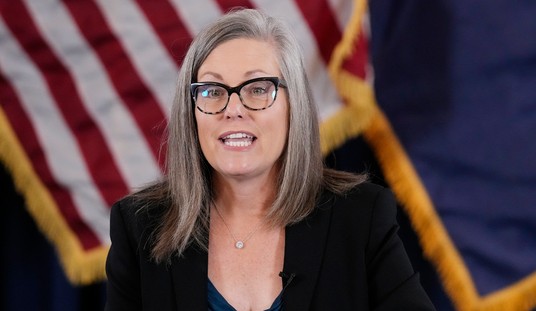It doesn’t surprise me to see the Christian Science Monitor come out with an editorial endorsing gun “buyback” programs. Nor was I shocked to see the media outlet praise New Zealand’s mandatory buyback program, which is forcing gun owners to hand in their now-banned semi-automatic rifles in exchange for some cash, or else become criminals once the country’s gun amnesty ends in a few months.
I was, however, taken aback to see the Christian Science Monitor editorial board appears to believe the New Zealand compensated confiscation scheme is voluntary.
Since July 13, more than 7,000 gun owners in New Zealand have handed over their firearms to police under the country’s first program to buy back guns. The program is just one of several emergency measures taken since March after a gunman killed 51 people at two mosques. While the effectiveness of such buybacks is highly uncertain, one thing in New Zealand is for sure: As the hunters, farmers, sport shooters, and others sold their weapons at more than 90 collection points, many spoke of a change in attitude about what keeps a society safe.
…
The voluntary nature of gun buybacks – along with the incentive of being compensated – gives them a special place in the worldwide debate over gun regulations. In the United States, buybacks at the local level have been very popular since the 1990s, even though most scholars say they do not curb gun violence over time. Even after a program in Australia saw about 20% of privately owned guns turned in, gun ownership is back to similar levels as before.
There’s nothing voluntary about turning over your firearm if you’ve been told you’ll go to prison if you’re caught with your gun. It’s asinine to pretend otherwise, which makes me wonder if the editorial board of the Christian Science Monitor are truly unaware of the compulsory nature of the New Zealand confiscation scheme, or if they’re attempting to deceive their readers about the New Zealand program in order to pitch “buyback” programs here.
After the shooting in El Paso, Texas, one longtime gun owner in the city, Bill Vogt, told The Guardian newspaper that he plans to campaign for buyback programs. To most owners, Mr. Vogt said, guns are toys. “Why wouldn’t you be willing to get rid of a toy in order to make sure this does not happen again?” he said.
“I grew up on farms, I grew up in the military, and we were around weapons all the time,” he said. “It develops that kind of mindset that if we don’t have weapons to protect ourselves, we are doing something wrong.”
Buyback programs help bring gun owners in contact with police and others in a community, fostering a dialogue about the ways to keep everyone safe. While criminals or potential mass shooters are very unlikely to turn in their guns, their ability to find guns or their willingness to see gun use as normal can be diminished if enough owners decide society would be safer without guns.








Join the conversation as a VIP Member